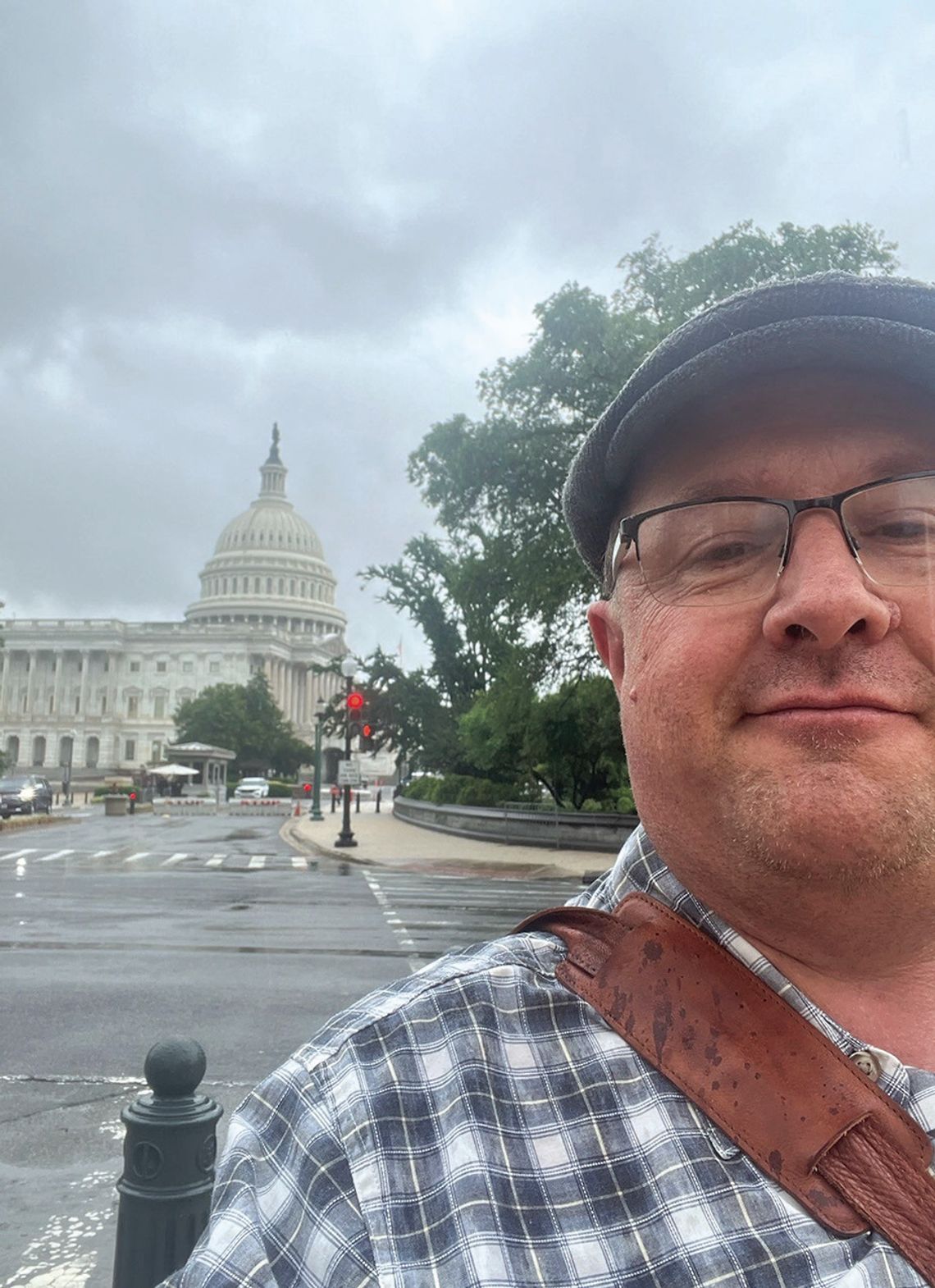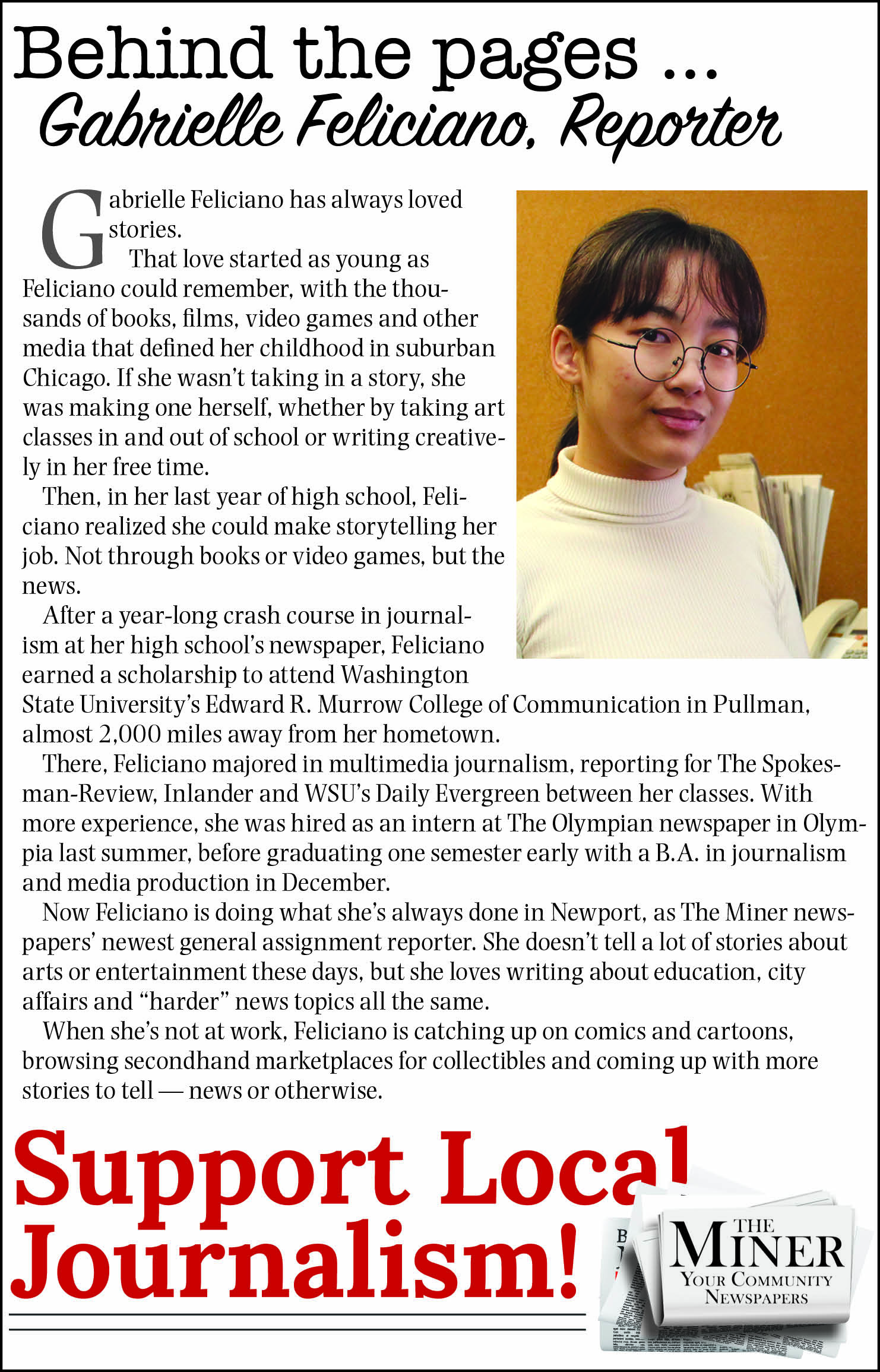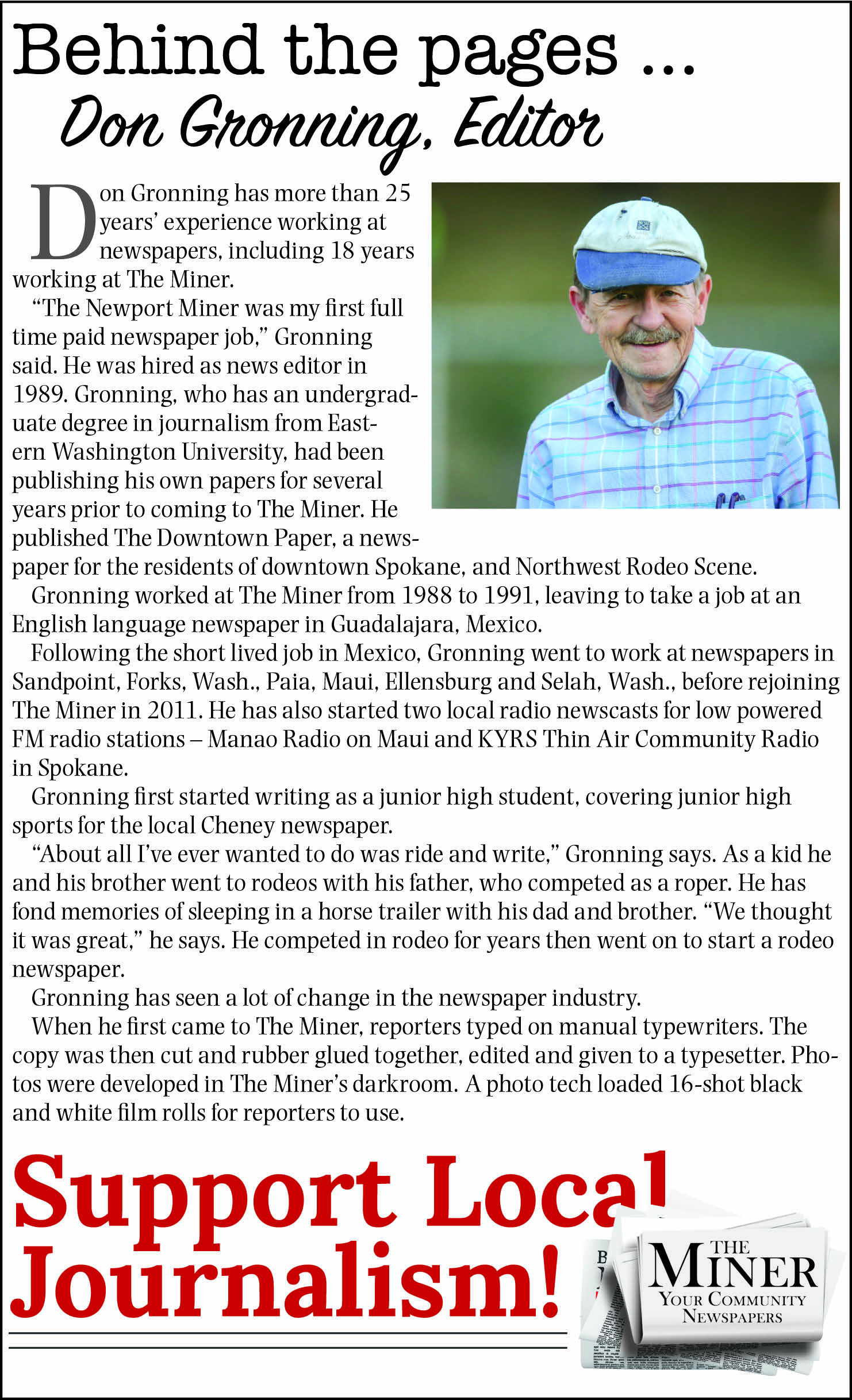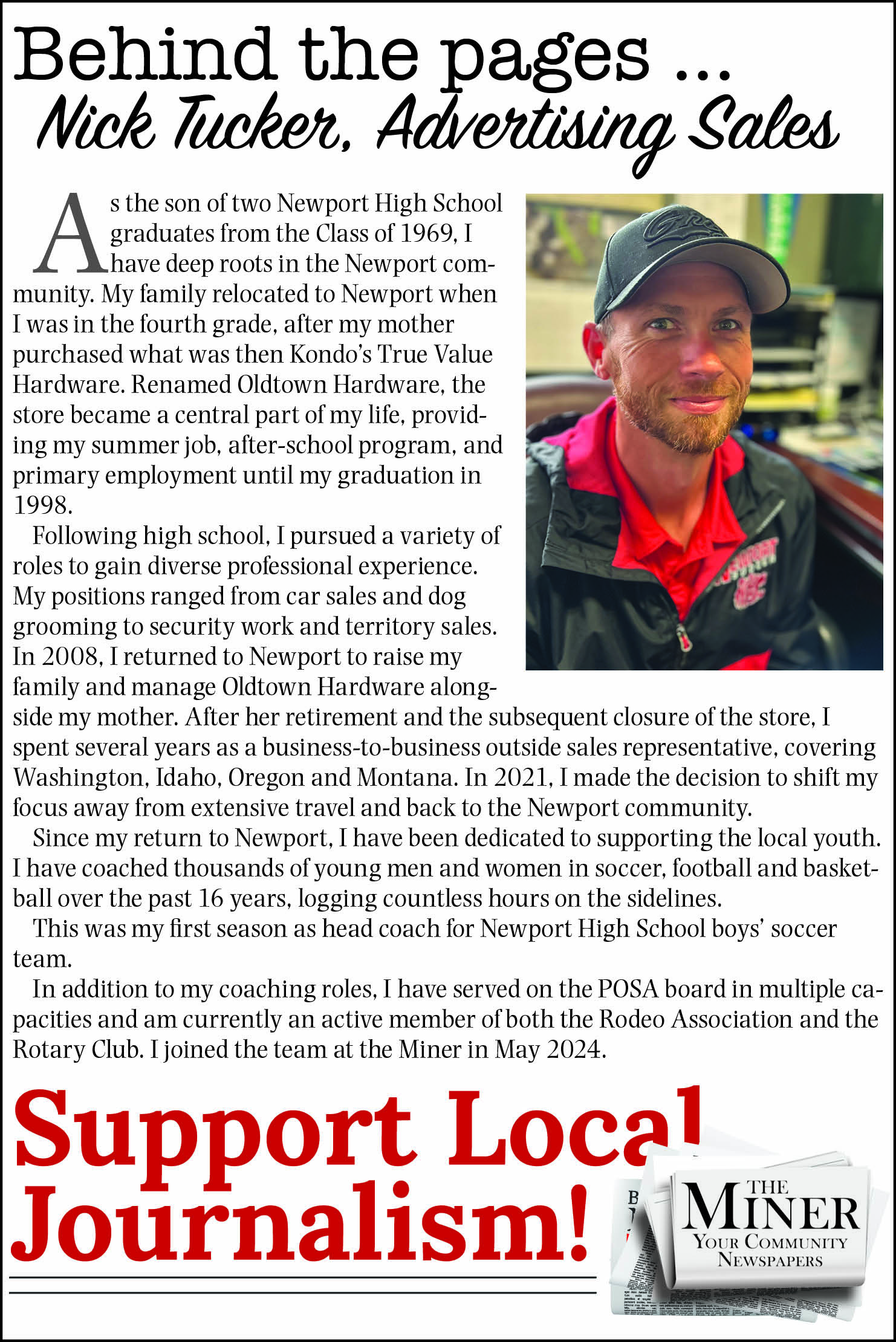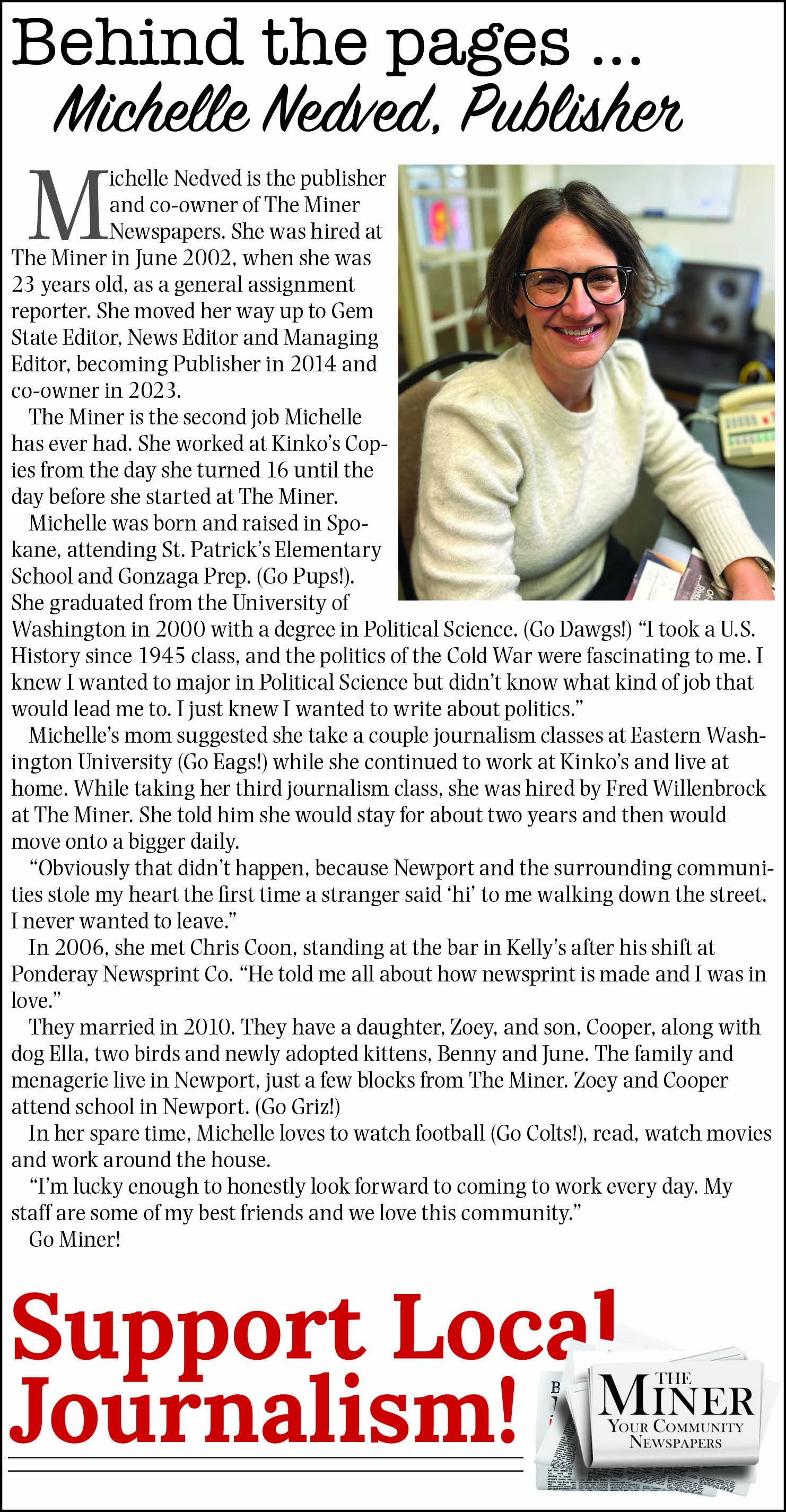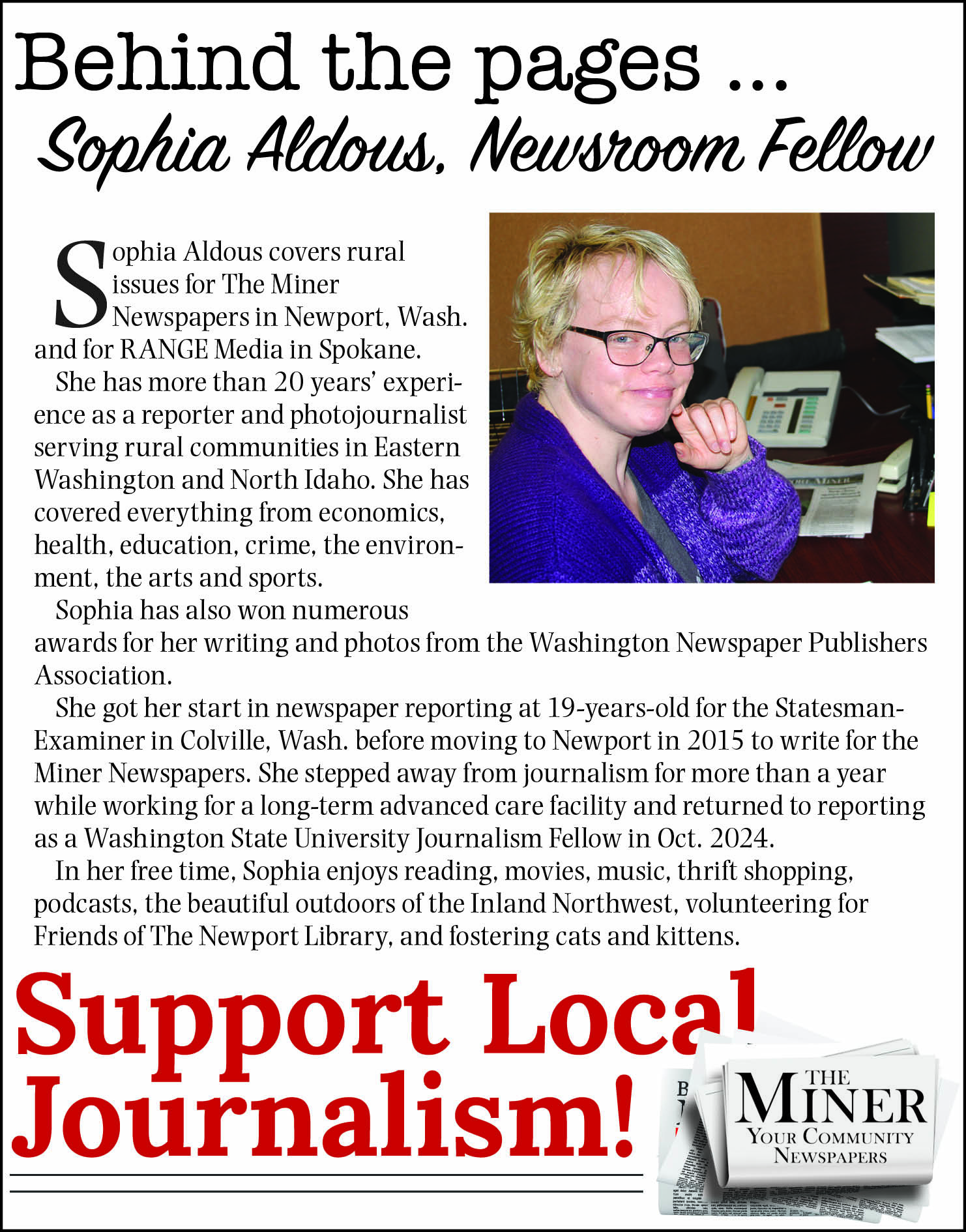EDITOR’S NOTE: Craig Jackson is Public Works Director for Pend Oreille County.
WASHINGTON D.C. - It’s a long way from the sawdust floors of a Pend Oreille County showroom to the marble corridors of Capitol Hill—but Commissioner Brian Smiley made that journey with his boots planted firmly in both worlds. As the owner of a local flooring business and one of our three county commissioners, Smiley recently stepped into a new arena: national advocacy.
For a man whose typical business trip might include a truck, a tape measure, and a thermos of black coffee, the flight to Washington, D.C. was a cultural leap of some magnitude. It was, by his own admission, his first real venture beyond the Pacific Northwest—a reminder that service to one’s community sometimes calls for new experiences, no matter how unfamiliar.
Smiley was headed east with a purpose: to stand up for continued Secure Rural Schools (SRS) funding. For counties like ours, where federal forestlands limit property tax revenue, SRS isn’t just an acronym—it’s a lifeline. Commissioner Smiley may not wear a lobbyist’s pinstripe suit, but he brought something more persuasive to the capital: authenticity.
In the halls of the Capitol, Smiley met with congressional staffers, federal agency representatives, and fellow rural leaders from across the country. He shook hands with senators, took notes in policy briefings, and, when appropriate, shared stories of gravel roads, school bus routes and volunteer fire departments. He explained, in plain terms, what it means to keep rural counties running with limited resources.
At one point, a D.C. staffer asked him where Pend Oreille County was. Without missing a beat, Smiley smiled and said, “About a half day’s drive from where the pavement ends” That line made it into more than one follow-up meeting.
But it wasn’t all policy papers and meetings. Smiley sampled D.C. coffee (still not as good as his Thermos brew), admired the Capitol dome at sunrise and found time to marvel at the Lincoln Memorial— an experience he later described as “humbling and powerful.” He took a moment to stand at the base of the Washington Monument, where he quietly reminded himself why he came: not for politics, but for the people back home.
Smiley returned with more than talking points. He brought back a sense of connection—that rural voices, when spoken with sincerity and grit, still matter in the national conversation. He may have left the marble behind, but the dust of Washington, D.C., now clings a bit to his boots.
In the end, Smiley’s journey wasn’t about discovering D.C. It was about making sure D.C. remembers Pend Oreille County. And on that front, I believe he laid down a foundation as sturdy as any floor he’s ever installed.
.png)

